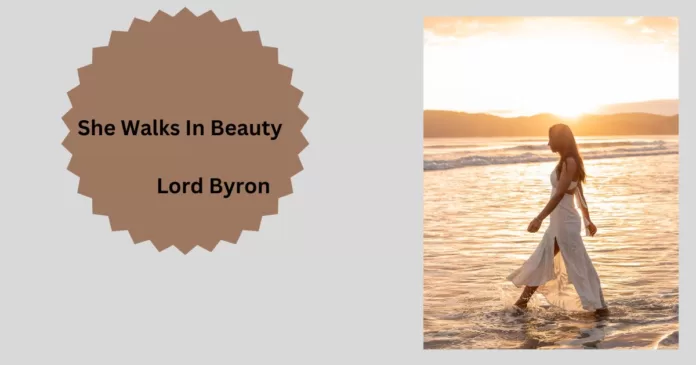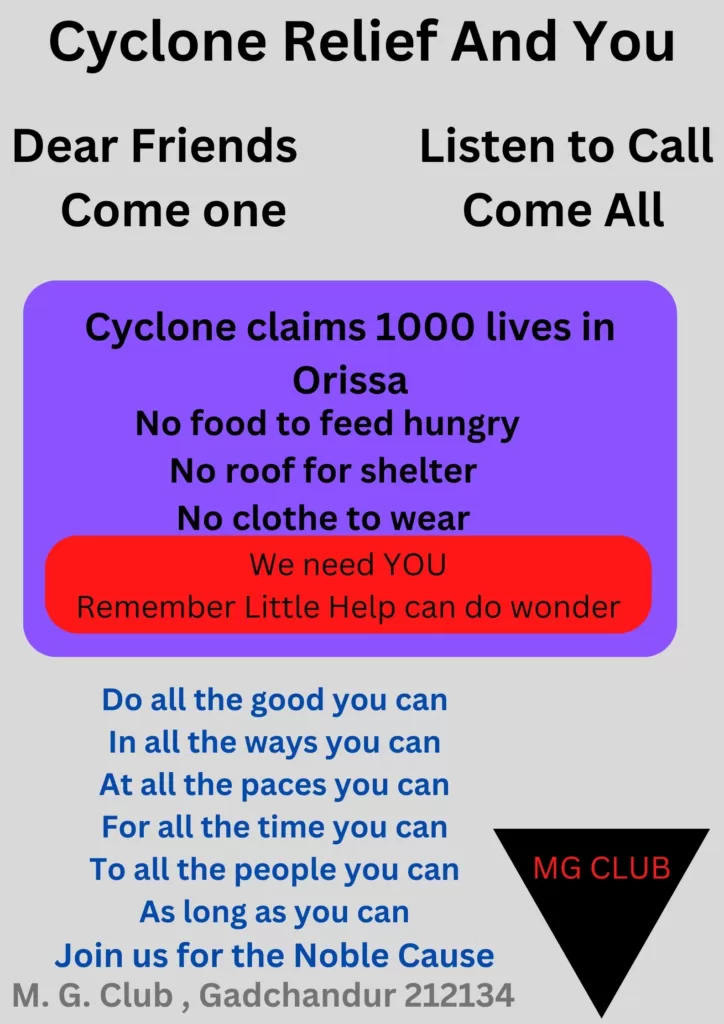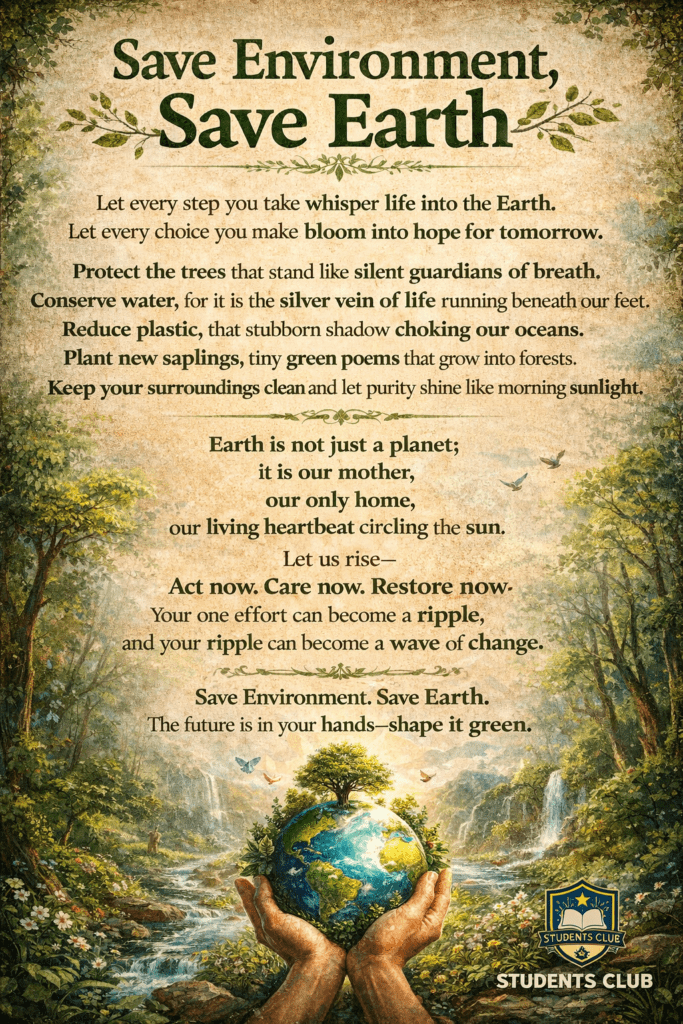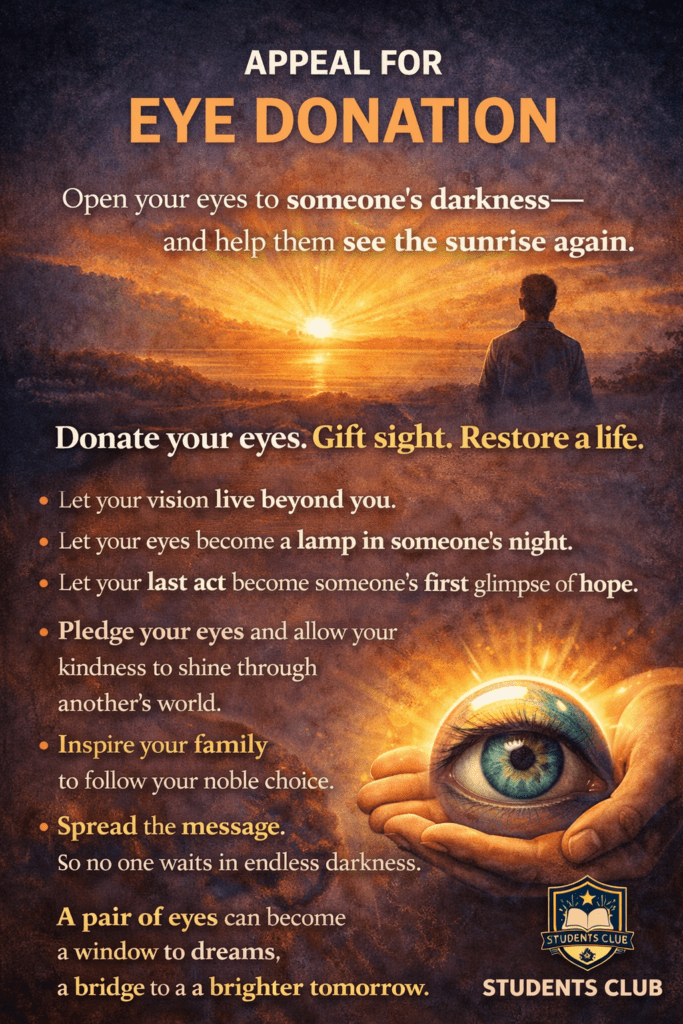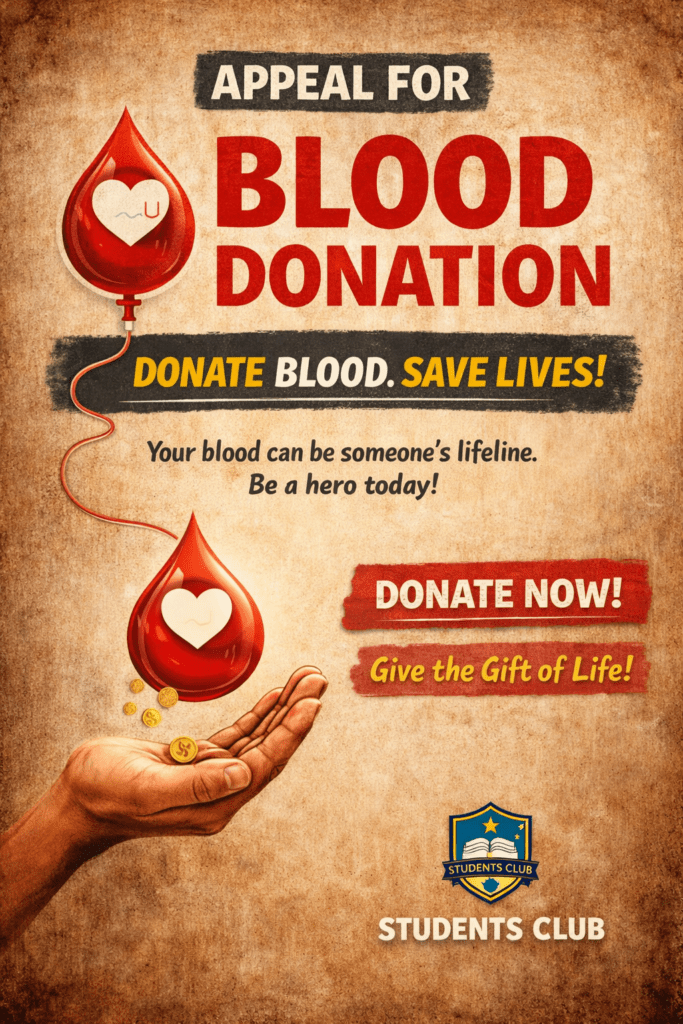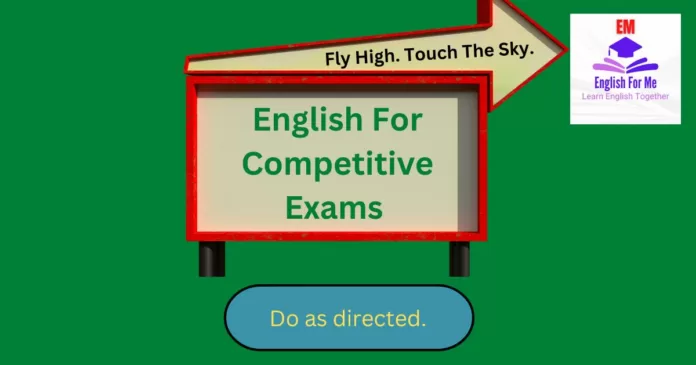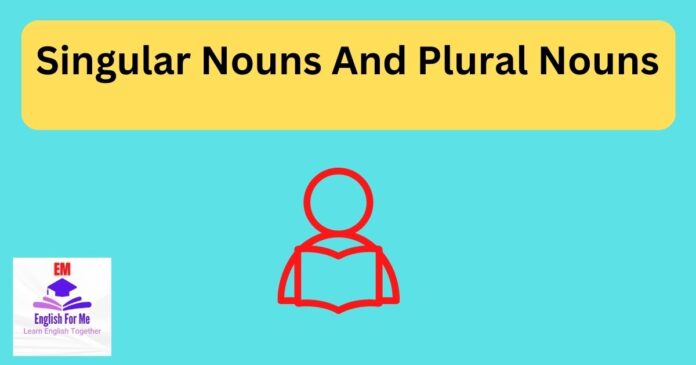The poem Small Towns and Rivers written by Mamang Dai describes a landscape and Nature. The poem is included in std 12 English for the study of literature, poetic devices, appreciation and poetic Creativity.
Icebreaker Activities on Small Towns and Rivers

Summary of Small Towns and Rivers
“Small Towns and Rivers” by Mamang Dai is a collection of poems that explores the essence of life in small towns and the significance of rivers in shaping human experiences. Through vivid imagery and lyrical language, Dai evokes the nostalgia, simplicity, and interconnectedness of small-town life. She reflects on the passage of time, the rhythms of nature, and the memories that are woven into the fabric of rivers and communities.The poems celebrate the beauty and resilience of rural landscapes, as well as the deep sense of belonging and community that exists in small towns. Dai pays homage to the rivers that flow through these landscapes, symbolizing both the continuity of life and the transient nature of existence.Overall, “Small Towns and Rivers” is a poignant exploration of the human connection to place, memory, and the natural world. It invites readers to reflect on their own experiences of belonging and the profound impact that landscapes and waterways can have on shaping identity and collective memory.
3 (A) Read the given extract and complete the activities given below: (10)
Small towns always remind me of death.
My hometown lies calmly amidst the trees,
it is always the same,
in summer or winter,
with the dust flying,
or the wind howling down the gorge.
Just the other day someone died.
In the dreadful silence we wept
looking at the sad wreath of tuberoses.
Life and death, life and death,
only the rituals are permanent.
The river has a soul.
In the summer it cuts through the land
like a torrent of grief. Sometimes,sometimes, I think it holds its breath
seeking a land of fish and stars
The river has a soul.
It knows, stretching past the town,
from the first drop of rain to dry earth
and mist on the mountaintops,
the river knows
the immortality of water.
A shrine of happy pictures
marks the days of childhood.
Small towns grow with anxiety
for the future.
The dead are placed pointing west.
When the soul rises
it will walk into the golden east,
into the house of the sun.
In the cool bamboo,
restored in sunlight,
life matters, like this.
In small towns by the river
we all want to walk with the gods.
A1. True or False: (02)
i. River is a dominant natural phenomenon in the poem.
ii. Her hometown looks beautiful only in rainy season.
iii. The souls of the beloved ones always dwell in the natural elements all around
iv. The river knows the immortality of water
A1. Choose: (02)
Choose the correct option and complete the statement.
i. Small towns always remind the poet of ……………………
1) Joy 2) life
3) death 4) hope
ii. The …………… flying and ………………………………. howling down the
gorge.
1) Aeroplane, ship 2) kite, river
3) sound, storm 4) dust, wind
iii. In summer season, the river cuts through the land means ……………….
1) there is water everywhere 2) scarcity of water
3) water gushing everywhere 4) torrential rain it is always the same in summer or winter”
Identify the figure of speech used here.
A4. Poetic Devices: (02)
“a sad wreath of tuberoses”
Name and explain the figure of speech used in the above line.
A4. Poetic Devices: (02)
“life and death, life and death”
Identify the figure of speech used here.
A4. Poetic Devices: (02)
“in the dreadful silence we wept”
Name and explain the figure of speech used in the above line.
A4. Poetic Devices: (02)
Name and explain the figure of speech used in the line
“The River has a soul”
A5. Poetic Creativity: (02)
Small towns always remind me of death
My hometown lies calmly amidst the trees
It is always the same.
In summer or winter
Replace the underlined words and make use of different words to
compose a meaningful stanza.
A5. Poetic creativity: (02)
The river has a soul
…………………………….
…………………………….
Seeking a land of fish and stars.
A5. Poetic creativity: (02)
Compose two lines of your own on the theme,” I am a rive
it is always the same in summer or winter”
Identify the figure of speech used here.
A4. Poetic Devices: (02)
“a sad wreath of tuberoses”
Name and explain the figure of speech used in the above line.
A4. Poetic Devices: (02)
“life and death, life and death”
Identify the figure of speech used here.
A4. Poetic Devices: (02)
“in the dreadful silence we wept”
Name and explain the figure of speech used in the above line.
A4. Poetic Devices: (02)
Name and explain the figure of speech used in the line
“The River has a soul”
A5. Poetic Creativity: (02)
Small towns always remind me of death
My hometown lies calmly amidst the trees
It is always the same.
In summer or winter
Replace the underlined words and make use of different words to
compose a meaningful stanza.
A5. Poetic creativity: (02)
The river has a soul
…………………………….
…………………………….
Seeking a land of fish and stars.
A5. Poetic creativity: (02)
Compose two lines of your own on the theme,” I am a rive
Brainstorming on Small Towns and Rivers
Discuss the importance of Nature in the lives of the people from the Northeastern part of India as expressed in the poem with reference to-
(a) Flowers
(b) River
(c) Bamboo
(d) East
(A2) (i) The poet has described her small town in Arunachal Pradesh. Pick out
the lines that describe the poet’s town.
Small towns always remind me of death.
My hometown lies calmly amidst the trees,
it is always the same,
in summer or winter,
with the dust flying,
or the wind howling down the gorge. These lines describe the poet Mamang Dai’s town.
ii) Match column ‘A’ with column ‘B’.
A B
Cool. Silence
Happy Earth
Dreadful Bamboo
Dry Pictures
(A4) (i) Read the expression ‘a sad wreath of tuberoses. ‘Is the wreath sad?’ Explain the figure of speech.
Transferred Epithate : An adjective ‘sad’ is transferred from man to wreath.
(ii) List and explain the metaphorical expressions from the poem. For example,
‘torrent of grief.’
(iii) ‘The river has a soul.’
‘Life and death.’
These are the two expressions that are repeated in the poem; but both of
them indicate different figures of speech. Find out and discuss.
‘The river has a soul.’ : Personification – The river is described as human being as having a soul.
‘Life and death.’ : Antithesis – The contrasting (opposite) words life and death are juxtaposed together.
(iv) Find out the beauty of the free verse reflected in this poem.
(A5) (i) Prepare the arguments for group discussion on the topic –
‘A balanced progress never harms the Nature.’
(ii) Compose 4 to 6 lines on ‘Gift of the Seasons’.
(iii) Write an appreciation of the poem ‘Small Towns and Rivers’. Refer to the
earlier poems for the points to be covered for appreciation.
Appreciation for “Small Towns and Rivers”
An appreciation for the poem Small Towns and Rivers
“Small Towns and Rivers” by Mamang Dai is a beautiful and haunting poem that perfectly captures the essence of life in small towns and the way the rivers that run through them shape our lives and memories. Dai’s use of imagery and language is truly masterful, painting vivid pictures in the reader’s mind of the lush landscape and the people who call these towns home. The poem is both nostalgic and melancholic, reminding us of the beauty and simplicity of small-town life, while also acknowledging its limitations and the struggles of its inhabitants. Overall, “Small Towns and Rivers” is a powerful and moving tribute to a way of life that is rapidly disappearing, and a testament to the resilience and strength of the human spirit. The poem also touches on the universal themes of change and the passage of time, as the towns and rivers mentioned in the poem change and evolve over time, just as we do. The poem is a reminder that, despite these changes, the memories of the people and places we hold dear will always remain with us. The powerful imagery in the poem is a testament to Mamang Dai’s gift for storytelling, as she brings to life the sights, sounds, and emotions of small-town life with stunning clarity and detail. The language of the poem is both evocative and poetic, imbuing it with a sense of mystery and wonder.
In conclusion, “Small Towns and Rivers” is a true gem of contemporary poetry, a moving tribute to the small towns and rivers that shape our lives and a beautiful celebration of the resilience and strength of the human spirit. It is a poem that will resonate with readers of all ages and backgrounds, reminding us of the importance of preserving our memories and the legacies of the places and people we hold dear.
